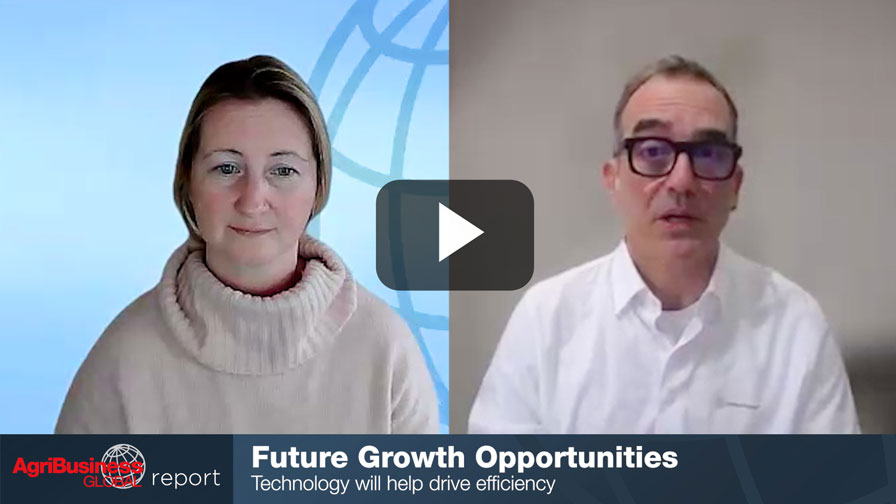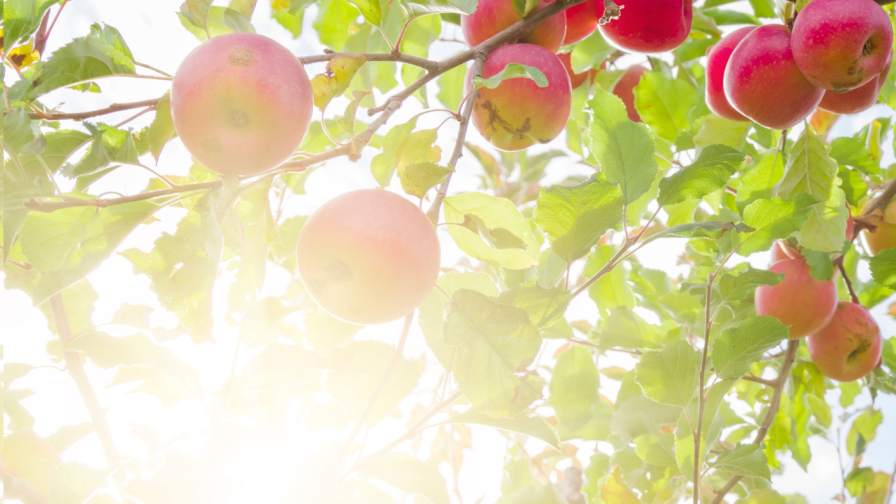Pangaea Biosciences Forms Distribution Agreement with MILAGRO in Poland
Pangaea Biosciences has announced that they have signed a new and exclusive agreement with MILAGRO sp. z o. for distributing Booster throughout Poland. This is particularly significant as Poland grows a huge area of oilseed rape (0ver 3 times as much as the UK), and pollen beetle is one of its most significant pests. Resistance is a major problem in the control of pollen beetle. Booster is a novel optimized and patented primer, developed by Pangaea Biosciences.to restore efficacy to insecticides suffering from significant pest resistance.
Charles Tilbury, sales account manager for Northern Europe for Pangaea Biosciences, has been key in negotiating this new contract. He explains how its large land area (25% more than the UK) agriculture is particularly important to the Polish economy and the country is a major producer of a number of important agricultural products including cereals, potatoes, and. rape seed oil. It is now the top producer of rape oil in Europe (over 3 million tonnes according to the Polish Association of oil producers) to which over one million hectares is dedicated.
“We are pleased to have signed an exclusive contract with Milagro for the distribution of Booster throughout Poland,” Tilbury says. “Milagro is a forward-thinking company dealing with the larger more sophisticated farming units who are looking for ways of improving their yields and quality. Milagro also offers contract farming. Booster has an excellent potential for use in Poland and we are confident that Milagro will achieve this potential.”
Tilbury explains that Booster works by leaving the insect pest in a hypersensitive state, so that the concentration of the pesticide will kill even the most resistant types. It does this by deactivating the metabolic pathway (Cytochrome P450) in insects, which causes the breakdown of the insecticide. This is achieved through precision application of Booster and the pesticide by a time delay. This patented process “Temporal synergism” allows old chemistry to be rejuvenated and resistance controlled.
Booster was tested on resistant pollen beetle from 5 different Polish locations with a range of pyrethroid insecticides (deltamethrin, lambda-cyalothrin and tau-fluvalinate), all of which were no longer controlling pollen beetle. When tank mixed with 250-300 ml/ha of Booster, efficacy of these insecticides was significantly improved to 100% as resistance to the insecticide was overcome.
The first registration and commercial use of Booster is to control pollen beetle (Meligethes aeneus) in oilseed rape. This is a critical insect species across Europe with high levels of resistance to pyrethroids (more than 60% resistance across Europe) in the field. In countries such as Poland and Lithuania resistance can be as high as 80%.
“This is exciting when we consider the impact of insecticide resistance across Europe and the world,” says Tilbury. “In the UK and other parts of Europe, we are also working on the use of Booster with pyrethroids for the control of Cabbage Stem Flea Beetle (Psylliodes chrysocephala). We are also working on other beetles such as the Colorado potato beetle, Asian stink bug, diamond back moth, Cabbage seed weevil and plant sucking insects such as whitefly, planthoppers as well as red spider mite.”
The active ingredient in Booster was identified at Rothamsted Research Station in 1950’s as a substance which deactivated or blocked normal metabolic pathways (Cytochrome P450) responsible for pesticide breakdown. Its great strength is that it rejuvenates older chemistry which is a major advantage to the farmer given the huge cost and time (greater than £250 million and 10 to 12 years) to bring a novel chemical to the market resulting in few new products. Pangaea Biosciences has optimized the formulation of Booster, improving its stability and uptake, resulting in superior efficacy.
“We recognize that resistance is now a major issue in agriculture and a significant threat to global food security,” says Tilbury. “The ability to bring back a range of chemistries which have all but reached their market maximum through resistance problems should have enormous appeal to farmers all over the world. Currently Booster is registered in Poland, the Baltics, Romania, Czechia, Denmark, and the UK. Registrations are also proceeding in Asia, Australia.





